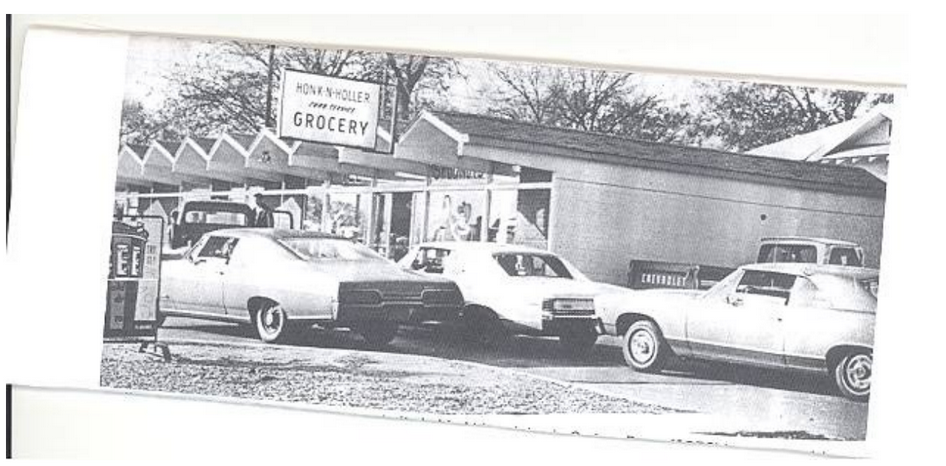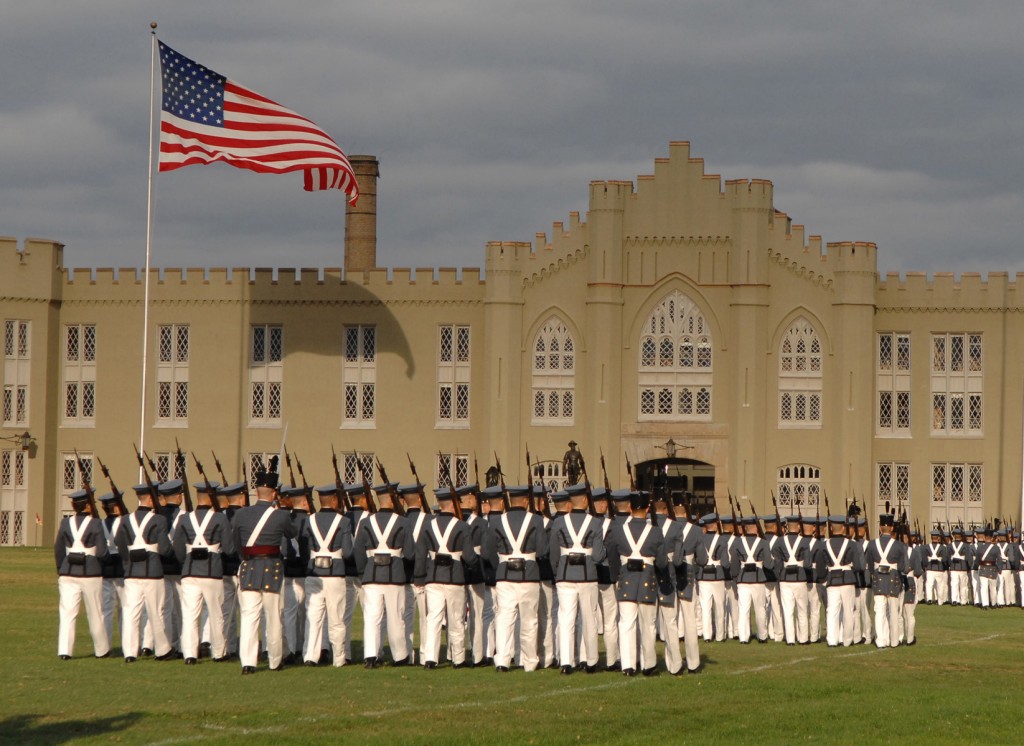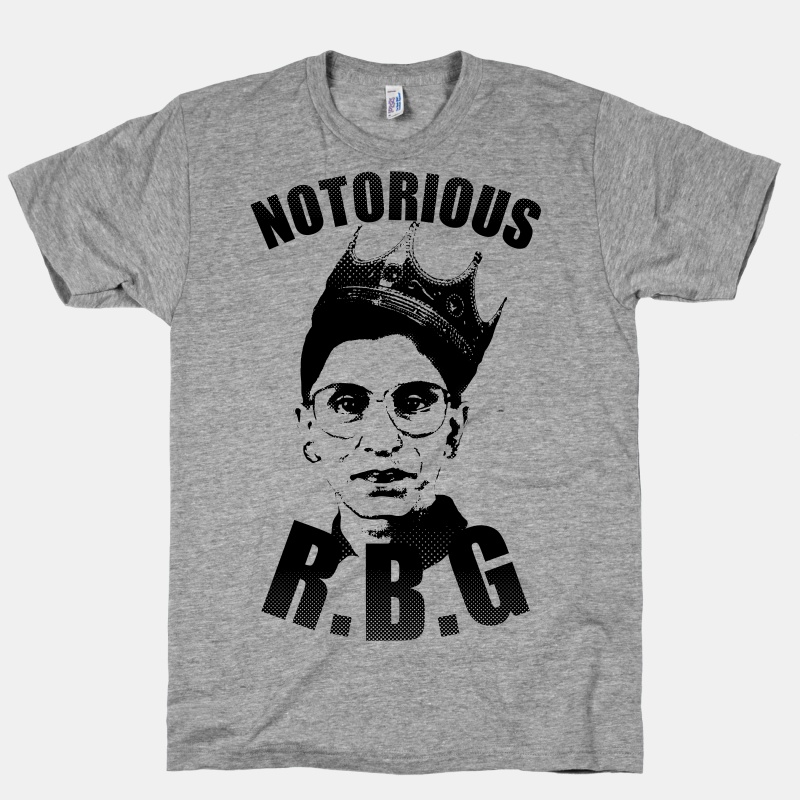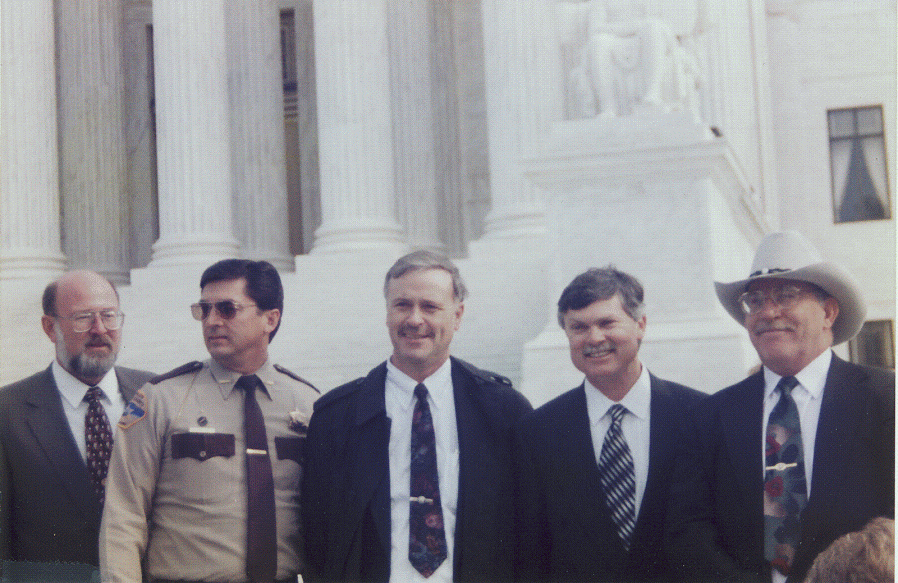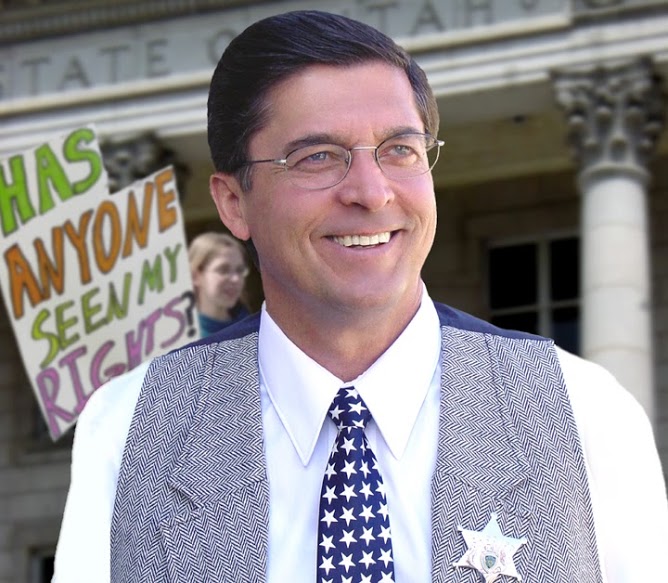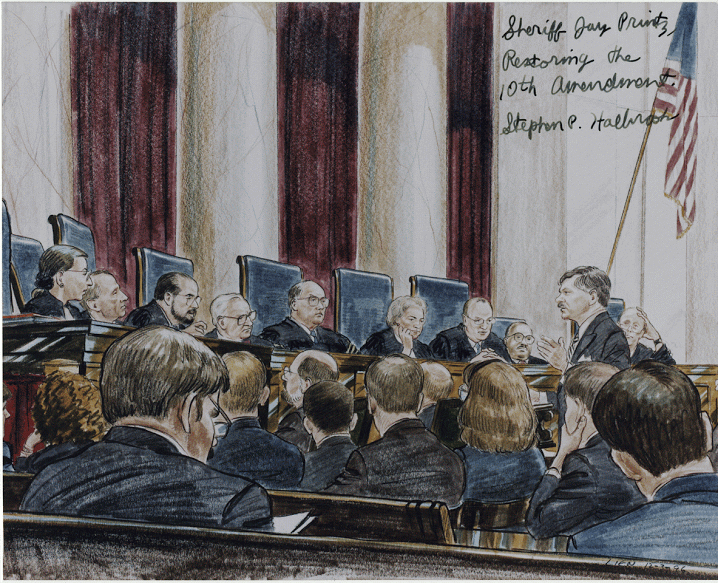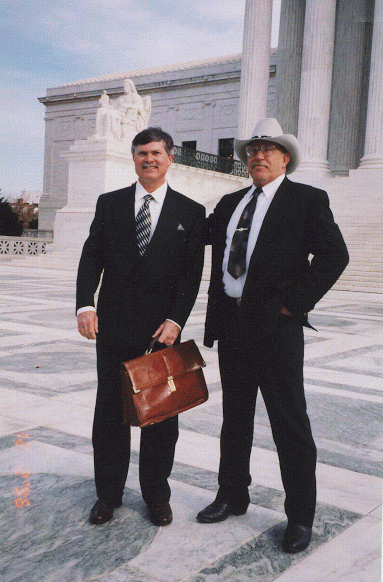On Wednesday, October 18, the oral arguments in CREW et al v. Trump began at 10:30 a.m. in courtroom 11A. The right side of the courtroom was packed with press, and the left side was filled with attorneys affiliated with the case. An overflow room was opened on the 26th floor for spectators to watch on a closed-circuit feed. Brett Shumate argued in support of the Government’s motion to dismiss. (Shumate was featured in a recent NLJ profile for his defense of the Government in the Emoluments Clause case, the DACA litigation, and the Sanctuary City suits). Deepak Gupta argued in opposition to the Government’s motion to dismiss, and Joseph Sellers provided a brief argument about how discovery would proceed if the Plaintiffs prevailed. With only a five-minute recess, the argument stretched until about 1:10 p.m. Judge Daniels should be commended for his excellent preparation—he came engaged and ready to ask probing questions of both sides. The Court announced that a decision would be issued in about thirty to sixty days.
Neither a transcript nor an audio recording is currently available. This post is based on my notes.
Article III Standing
The Government opened with the position it put forward in its brief: CREW’s injury is “self-inflicted.” Further the Government argued that the Supreme Court decision in Havens Realty Corp. v. Coleman (1980) requires a distinct injury that led to the diversion of CREW’s resources. In other words, the diversion itself could not be the injury. Judge Daniels did not ask any questions during Shumate’s discussion of CREW’s standing.
In contrast, Judge Daniels asked several questions of Gupta about CREW’s manufacturing standing, and specifically, whether CREW was required to investigate Trump’s business interests, or merely chose to do so. Judge Daniels explained that “CREW didn’t have to divert resources; it chose to do so.” At one point, Judge Daniels said CREW could not “play policeman.” Indeed, the Court said nothing “forced CREW” to bring this suit, but the group “wanted to pick a fight with the President.” The lack of questions for the Defendant, and the length of questions for the Plaintiffs, suggests that CREW’s standing claim is in doubt. (I wrote about this topic some time ago on January 22, 2017).
Judge Daniels asked a number of questions concerning the theories of competitor standing for the “hospitality” plaintiffs (i.e., ROC, Goode) who assert ownership over hotels and restaurants in New York, as well as Jill Phaneuf, an event planner who seeks to book diplomatic affairs at D.C. Hotels. Judge Daniels asked Gupta several times whether there is any evidence that Phaneuf has ever actually booked a diplomatic event, actually lost business, or had her previous customers booked events at Trump hotels. Gupta responded that such evidence was not required.
The Court asked no specific questions about the status of the other hospitality plaintiffs, although I would note that in court, Deepak Gupta asserted that Eric Goode “owned” the Bowery Hotel, and he later referred to “Eric Goode’s hotels.” As Seth Barrett Tillman and I noted in a Volokh Conspiracy post, Goode is, by all accounts, a partial owner of these hotels. These records did not come up during the oral argument, though I suspect these issues will be raised as this case goes moves forward or goes upstairs, much like standing issues were only raised for the plaintiffs in King v. Burwell as the case progressed to the Supreme Court.
Zone of Interest
Judge Daniels spent a significant amount of time inquiring about the zone of interest—far more time than I expected. He suggested that the Foreign Emoluments Clause is an anti-corruption provision. Because the Framers were concerned about corruption, not competition, those asserting competitor standing are not within the zone of interests sought to be protected by the provision. Gupta replied that because this case involved a structural provision of the Constitution, the zone of interest inquiry was not relevant for the Plaintiffs. Gupta cited cases like Free Enterprise Fund v. PCAOB, INS v. Chadha, and Bond v. United States. Also, the Supreme Court’s recent Lexmark v. Static Control Components decision suggested that the zone of interest test is prudential.
Jurisdiction and Political Question Doctrine
The Government has cited Mississippi v. Johnson for the proposition that federal courts lack jurisdiction to issue an injunction against the President. Shumate argued that Franklin v. Massachusetts—and in particular, Justice Scalia’s concurring opinion—reaffirmed this principle. Judge Daniels suggested that even if the Court could not issue injunctive relief against the President, he could still issue a declaratory judgment. Shumate replied that such a decision would be little more than an advisory opinion, with the same separation of powers concerns discussed in Johnson and Franklin. The Court suggested that such a declaratory judgment, absent an injunction, could be enough to get the President to voluntarily comply with his ruling and “self-divest.” He noted in such circumstances, there would be no need to monitor the President’s finances, which would have implications for the separation of powers involving supervising the President’s compliance with an injunction. The Court also suggested that “Congress can take action after a declaration.” The meaning of this statement was not clear, at least in my notes. Impeachment? Passing a statute? Or a resolution expressing the opinion of Congress that the President ought to self-divest?
Gupta attempted to recast Johnson as a case decided under the political question doctrine. Judge Daniels turned that argument around on the Plaintiffs. The Constitution does not impose a prohibition on the receipt of emoluments, he noted; rather, Congress must consent to the acceptance of prohibited emoluments. As a result, Judge Daniels asked, why should the Court intervene if this is a question committed to the other two branches of the federal government. (I made that argument back in January 2017). He added that if Congress consents, then Plaintiffs have no cause of action. “Why is it appropriate for the judiciary to allow the President to fight this out in a ‘street brawl,’” he asked. (This line of questions will be especially apt for oral arguments in Blumenthal v. Trump, which was filed by members of Congress who, because they lack the votes to disapprove of the President’s business interests, turned to the courts.)
Meaning of Emolument
Shumate at several junctures referred to the “original public meaning of emolument,” which included profits that arise from the provision of services connected to an office. Judge Daniels—who did not reference founding-era dictionaries, corpus linguistics, or any historical practice for that matter—offered a different definition of “emolument.” Namely, “compensation.” He derived that definition from the Domestic Emoluments Clause, which links the President’s “emoluments” to his salary or compensation. The Government rejected this definition as too broad, but Judge Daniels continued to push this definition with a hypothetical: if a foreign government offered the President $1 million for signing a treaty, how would it be characterized? The Government maintained that such an offer would be a “present,” which is also forbidden by the Foreign Emoluments Clause, but would not be an “emolument.” Judge Daniels dismissed the reference to a “present.” Seth and I had offered a different answer to this question in our briefs: because of the quid-pro-quo nature of the offer, it would not be a present, but would be a “bribe,” which is an enumerated ground for impeachment. Whether or not the President follows through, and signs the treaty does not matter, it is still a bribe. It is entirely predictable what sort of headlines would result from a DOJ lawyer using the word “impeachment” in court, so Shumate’s answer is understandable, although not satisfying.
Judge Daniels also asked what would happen if Donald Trump sold hot dogs for $100,000 each, and a foreign government official bought one. After some back-and-forth, Shumate conceded that if the profits from a business transaction went “beyond reasonable market value,” and if there was provision of services (such as the signing of a treaty), it could be an emolument.
Discovery if Motion to Dismiss Denied
Gupta, while arguing for the Plaintiffs, reserved five minutes for his co-counsel, Joseph Sellers to discuss how discovery would proceed if the motion to dismiss was denied. No doubt, this was done to assuage the Court of any concerns that it would not have to supervise a lengthy discovery process involving the Trump Organization and other Trump entities. Sellers said they would need three to five months for discovery, followed by a one-week trial. Based on my experiences clerking in the district court, where discovery in more mundane cases took twice that long, if not considerably longer, Sellers’s forecast was fairly optimistic. Sellers also noted that if the President agrees to divest his business entities, the Court would not need to oversee the process. Sellers also suggested a thirty-party could oversee the divestiture, which would obviate the need for the court to get involved. Again, in the unlikely event divestment begins, disputes between the Plaintiffs and Defendant will no doubt arise about the scope of divestment, occasioning judicial oversight. During a press conference after the hearing, Sellers explained: “We will be looking for detailed financial records” and “if the tax returns turn out to be relevant, we will seek them.” Of course, that is all you need to know.
“Assuming” The Foreign Emoluments Clause Applies to the President
From my perspective, the Government saved its most interesting comment for last. In the final sentence of Shumate’s rebuttal, he said the Government was only “assuming” the Foreign Emoluments Clause applies to the President. (I heard him say “Domestic Emoluments Clause” here, but from the context it was obvious what he meant.) Peter Overby, of NPR’s All Things Considered, heard the same thing. He reported, “At the end of the hearing, Shumate opened a possible argument that the presidents are not even covered by the Foreign Emoluments Clause.”
As should be clear from the above discussion, there is no certainty that the Government wins on standing, justiciability, jurisdiction, or even the meaning of “emolument.” I’ve described the argument advanced in our briefs as a “silver bullet.” If the “silver bullet” argument were successful, it tosses out the bulk of the Plaintiffs’ case. There were no questions about it today, but this issue will not disappear. It will gain salience as the case goes up the pipeline.


